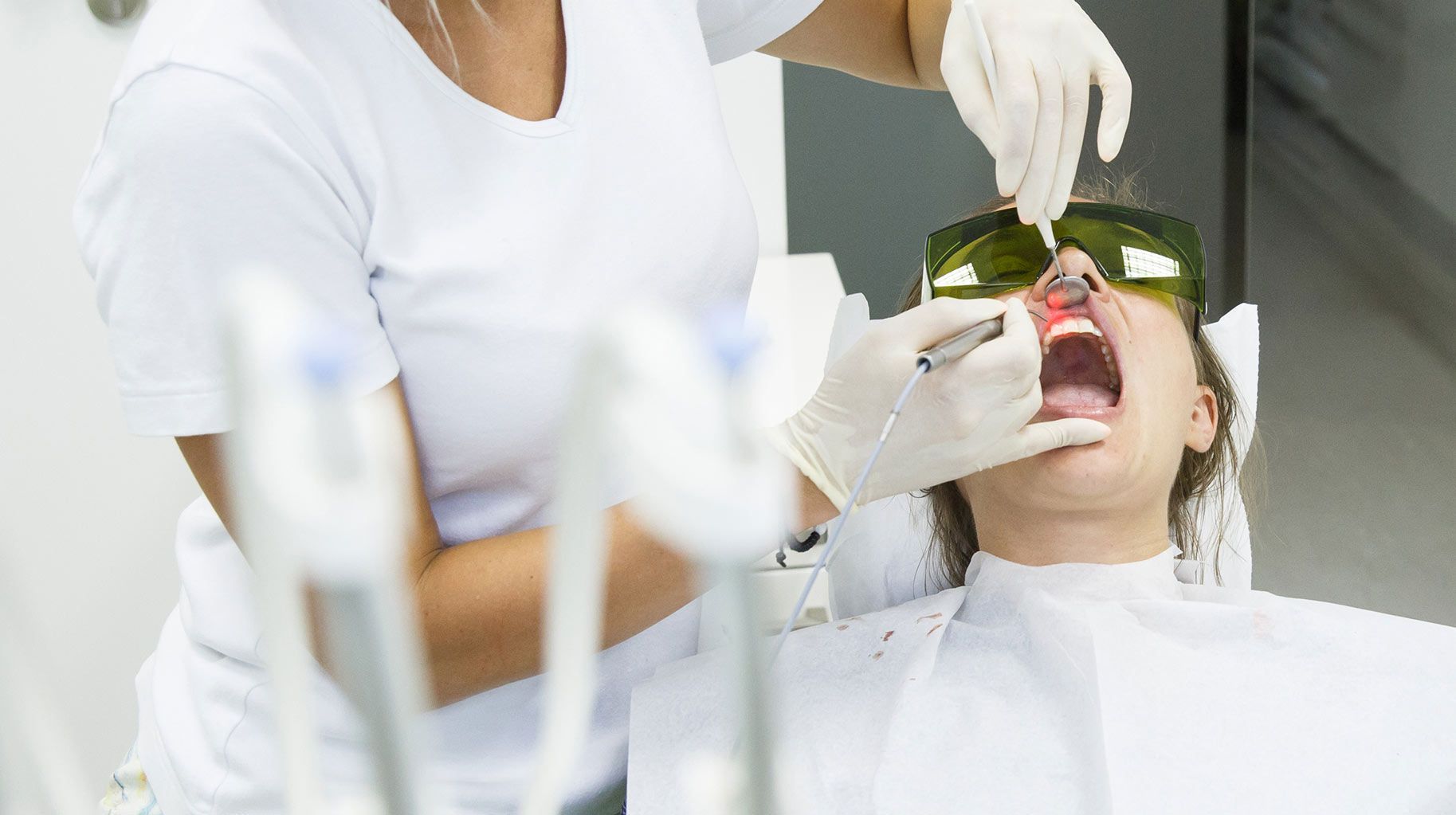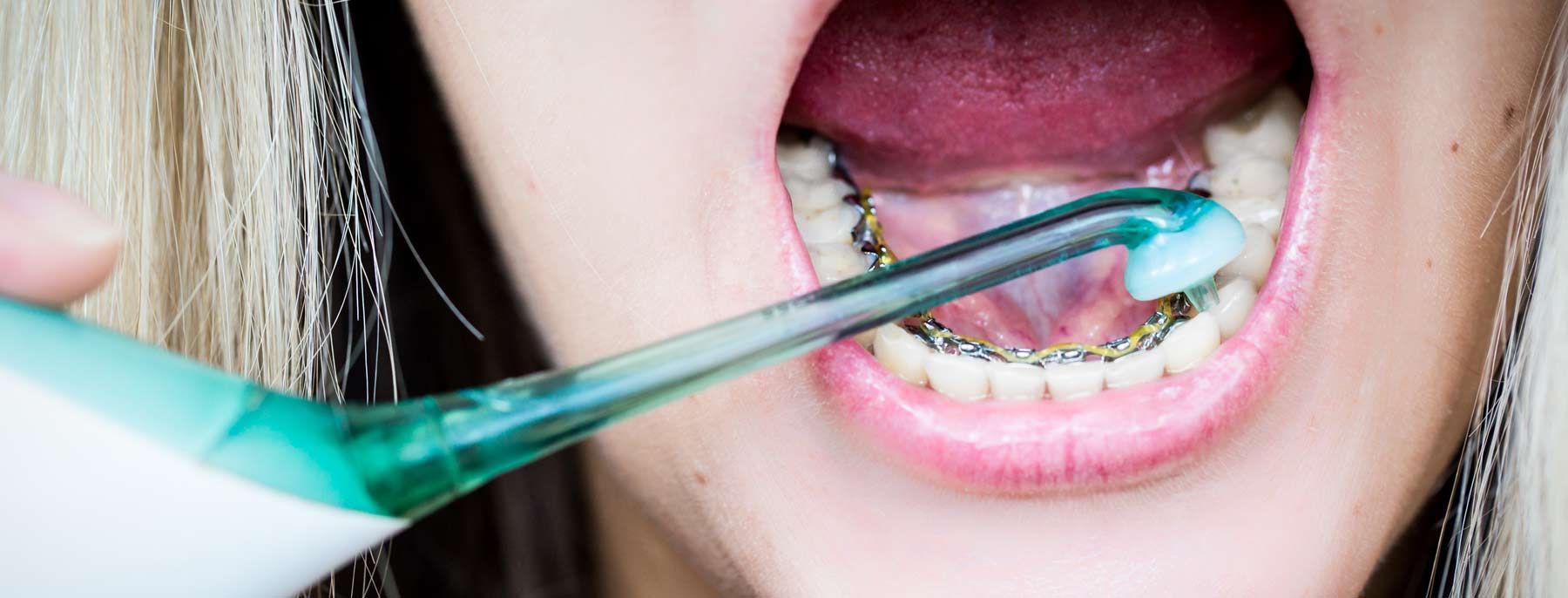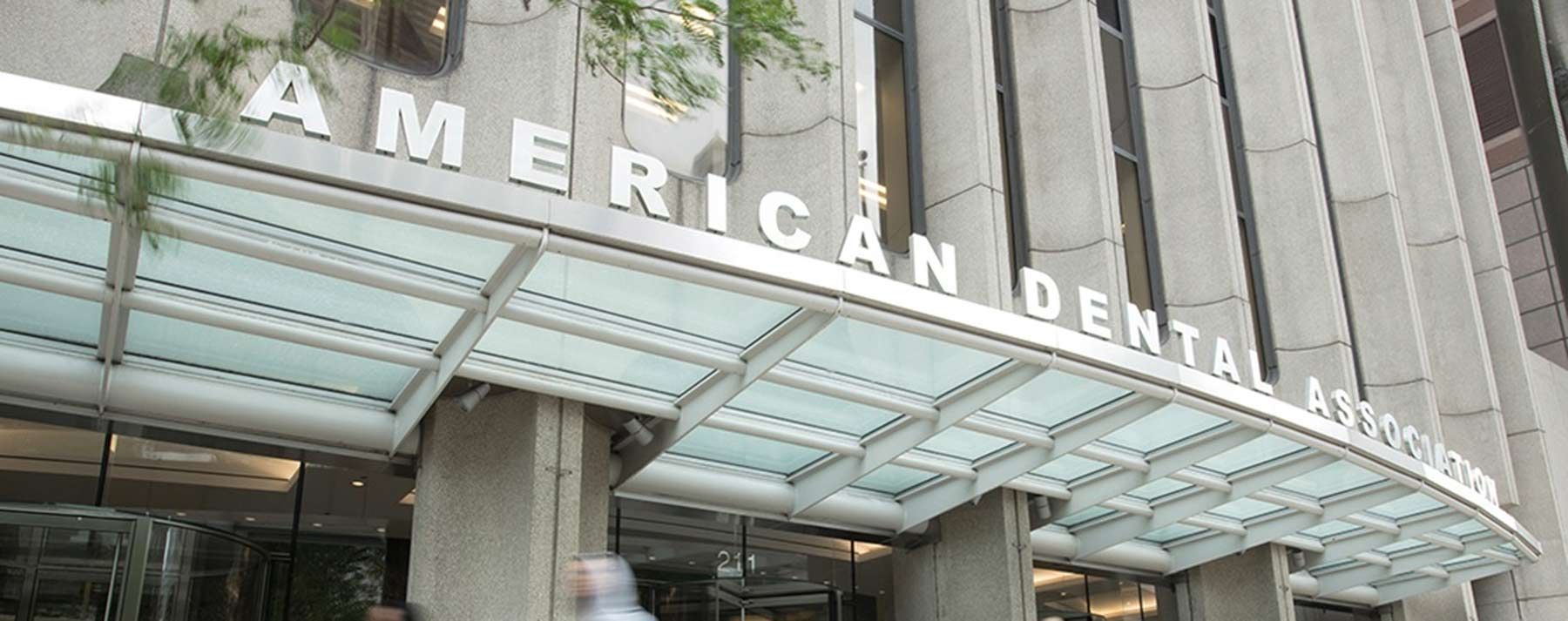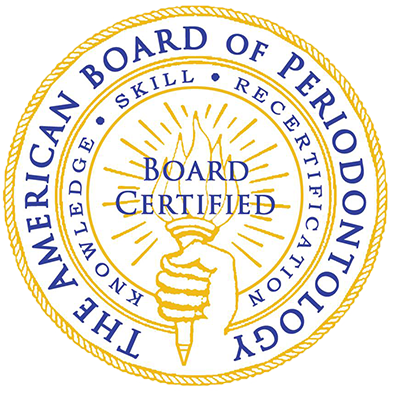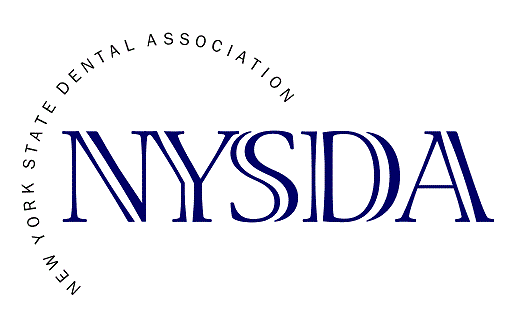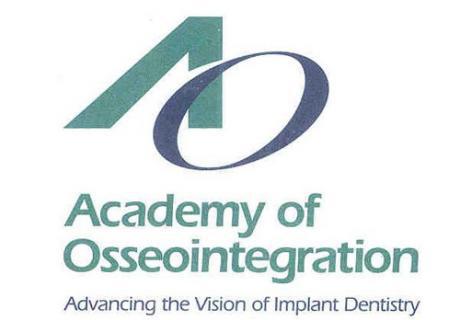Bad Breath and Its Causes
Reasons for Bad Breath from Dr. Stephanie Sfiroudis, Leading Nassau County Periodontist
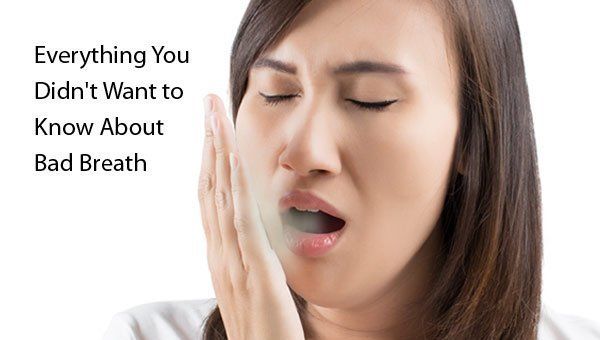
Having bad breath can be embarrassing, especially in social settings. Bad breath can also be due to disease, which can be more serious than the occasional odor due to a dinner full of onions and garlic.
Some Causes of Bad Breath
Perhaps you haven't brushed your teeth or flossed enough. Maybe you've just eaten a dish containing onions or garlic. Coffee can also cause sour breath. There are many reasons why someone's breath may be foul-smelling. The bacteria in your mouth coat your gums, teeth, and tongue. Sometimes odorous gasses released by these bacteria can make your breath smell awful. Brushing your teeth regularly and correctly can often help alleviate the bad smells.
Periodontal Disease
More than 35 million Americans have halitosis due to tooth decay or gum disease. Periodontal disease is an infection of the tissue that surrounds your gums and teeth. There are hundreds of living bacteria in your mouth, some of which are good for you, and some which can cause disease. When you do not practice proper dental hygiene, the harmful bacteria can begin to take over, leading to health issues.
Forms of Periodontal Disease
There are different types of periodontal disease. Gingivitis is a mild form of gum disease that can begin to form due to bacterial plaque on the gum line. Gingivitis is a common periodontal issue, with about half of American adults being diagnosed with some form of it. If left untreated, it can progress into a more serious disease: periodontitis.
Periodontitis is a more severe form of gum disease formed by bacterial plaque below the gum line, in the periodontal pocket. This disease can cause you to lose your tooth and its supportive tissue.
Gum disease is a buildup of plaque and tartar, which are formed by tiny bits of food particles and dead tissue which develop between the teeth and gums. When you do not brush and floss regularly, plaque attracts anaerobic bacteria that causes bad breath. Eventually, your gums may begin to bleed; you may develop oral infections and can lose a tooth.
Early periodontal disease stages cause inflammation of the gums. They may bleed when you just brush your teeth or become red, swollen and puffy. Later stages of gum problems irritate the inner layers of the gums, so that the underlying bone withdraws slowly from the tooth, forming pockets. When the bacteria spreads to these pockets, your teeth can be severely affected.
Symptoms of Periodontal Disease
Though periodontal disease is not usually painful, there are symptoms that are quite noticeable. One of the warning signs of periodontal disease is bad breath that will not go away no matter how much you floss, brush or use mouthwash. Another symptom is having a continuous bad taste in your mouth and bleeding or puffy gums.
If you are having these symptoms, it is a good idea to see your dental professional to be checked for periodontal issues.
Dry Mouth and Bad Breath
Other medical issues can cause bad breath, too. Xerostomia, also known as dry mouth, is a condition where your mouth produces less saliva than normal. This encourages bacteria to build, often resulting in bad breath. You can acquire xerostomia from taking certain medications, having salivary gland problems or by breathing through your mouth. Dry mouth is also common in older people, as they tend to produce less saliva naturally.
If you have a problem with dry mouth, your dentist can prescribe an artificial saliva product for you or give you advice on how to deal with this issue.
Disease and Bad Breath
Certain infections of the ears, nose or throat can cause halitosis. An upper or lower respiratory infection, sinusitis or bronchitis can all cause your breath to temporarily smell bad. Diabetes, liver or kidney issues can also be the culprit of your breath problems.
Smoking - Tobacco can make your breath smell awful, in addition to staining your teeth, irritating your gums, and lessening your taste bud sensations. Smokers are more apt to suffer from periodontal disease and to develop oral cancer or heart disease.
Preventing Bad Breath
In order to keep your breath smelling fresh, it's important that you first rule out any type of gum disease you may be harboring. Have a complete dental checkup every six months, including a cleaning with a dental hygienist.
Brush your teeth and your gums upon getting up in the morning and before going to bed at night, using toothpaste with fluoride. Brush your tongue, also, or use a tongue scraper, as bacteria and smells can linger on your tongue.
Brushing your teeth, however, only cleans about 60% of the surfaces of your teeth. For that reason, it's important to floss every tooth at least once per day or use an interdental brush to get in between your teeth.
Please
contact Dr. Stephanie Sfiroudis for a free consultation regarding any questions or concerns about your periodontal health.

